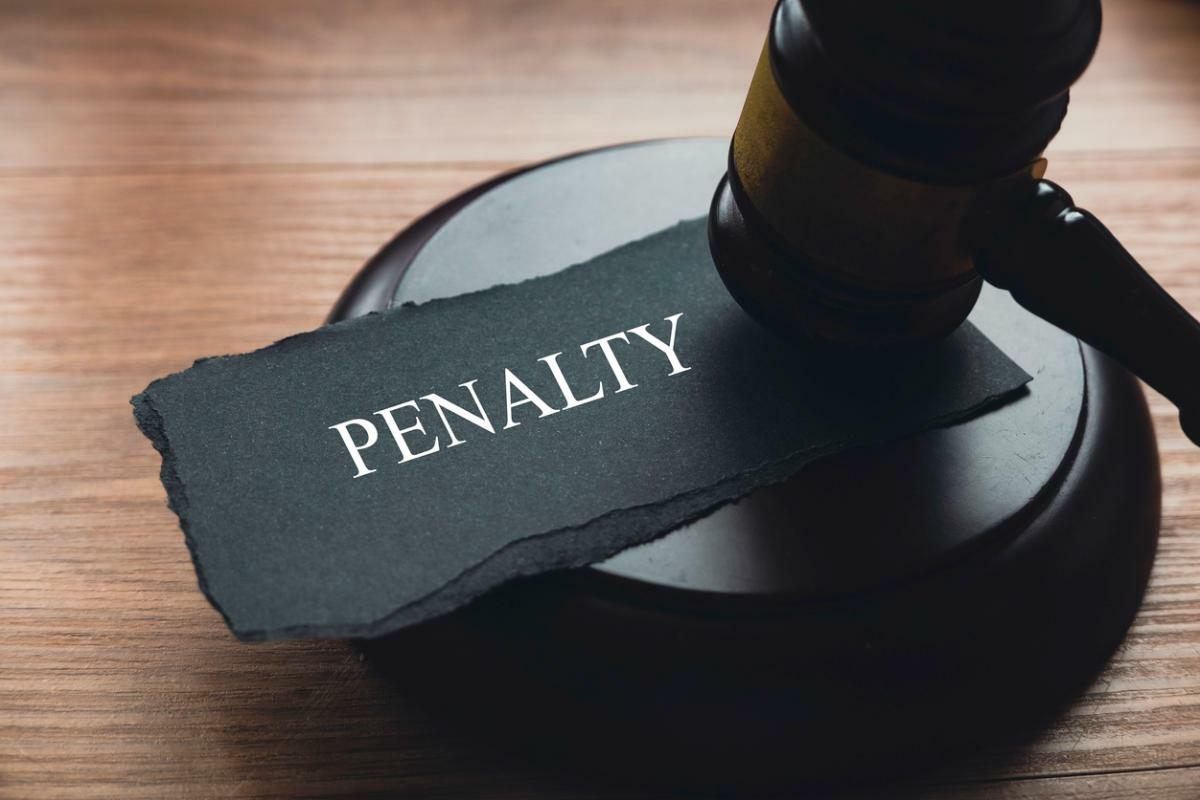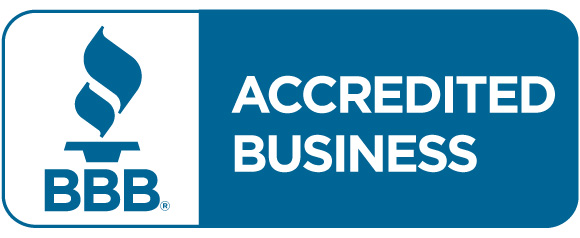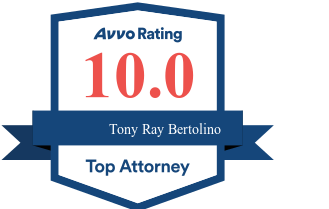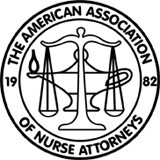
The Texas State Board of Public Accountancy (TSBPA) ensures that all Texas certified public accountants (CPAs) comply with the rules and laws that apply to the nursing profession. As a result, TSBPA receives, investigates, and pursues disciplinary complaints against licensees if necessary.
If TSBPA ultimately decides that you have violated a rule or law, you could face sanctions that are extremely damaging to your license and career. An accountant license defense attorney can guide you through any disciplinary proceedings that you may be facing and help you fight to safeguard your license and career. The following Frequently Asked Questions (FAQ) explain more about disciplinary proceedings for CPAs.
- What is the Texas State Board of Public Accountancy (TSBPA)?
- What are some reasons for disciplinary complaints against accountants?
- What happens when TSBPA receives a complaint against a CPA?
- How does the TSBPA resolve disciplinary complaints?
- What is an Agreed Consent Order?
- Do accountants have hearings in their disciplinary proceedings?
- What sanctions can accountants receive from TSBPA in disciplinary proceedings?
What is the Texas State Board of Public Accountancy (TSBPA)?
TSBPA receives complaints against any accountants accused of violating an applicable rule or law. They investigate each complaint for violations of the Public Accountancy Act and TSBPA’s disciplinary rules. If necessary, they bring formal disciplinary action against certified public accountants.
What are some reasons for disciplinary complaints against accountants?
Generally, any violation of the Public Accountancy Act or TSBPA’s disciplinary rules by a CPA is grounds for disciplinary action. However, more specific grounds for disciplinary action include the following:
- Fraud or deceit in any aspect of licensing;
- Fraud, dishonesty, or gross negligence in performing CPA services;
- Knowingly participating in the preparation of a false or misleading financial statement or tax return;
- Failing to file personal or business income tax returns;
- Final conviction or deferred adjudication of a criminal offense that:
- Is a felony offense; or
- Contains fraud or dishonesty as an element of the offense; or
- Conduct indicating a lack of fitness to serve the public as a CPA.
What happens when TSBPA receives a complaint against a CPA?
When TSBPA receives a complaint against a licensed accountant, the agency’s Enforcement Division must investigate whether enforcement action against the accountant is necessary. If the complaint contains no allegations of professional misconduct, the TSBPA will dismiss the complaint with no further action.
On the other hand, if the complaint contains allegations of professional misconduct, the Enforcement Division will open an investigation. Next, the Enforcement Division notifies the CPA of the complaint and gives them 30 days to respond in writing.
Once the Enforcement Division receives the CPA’s response to the complaint, they refer the case to a TSBPA enforcement committee. That committee reviews the complaint and determines how to proceed at that point.
How does the TSBPA resolve disciplinary complaints?
Click to contact our professional license defense lawyers today
If TSBPA finds no evidence of a violation, it will dismiss the complaint. If TSBPA finds evidence of a violation, it can try to resolve the complaint through an informal conference designed to reach an agreed consent order between the agency and the licensee. If the parties are unable to
What is an Agreed Consent Order?
Complete a Case Evaluation form now
In most disciplinary cases, TSBPA will schedule an informal conference with the complainant and the licensee to try to resolve the matter by agreement. If they agree, each will sign an Agreed Consent Order (ACO). An ACO is an agreement between the licensee and TSBPA outlining the violation(s) at issue and the agreed-upon sanction(s) for the violation(s). The TSBPA reviews all ACOs and either accepts or rejects them.
Do accountants have hearings in their disciplinary proceedings?
If the TSBPA and the licensee cannot reach an ACO through an informal conference or otherwise reach an agreement to dispose of the complaint, the TSBPA typically refers the complaint to the State Office of Administrative Hearings (SOAH). SOAH assigns an administrative law judge (ALJ) to hear evidence from the TSPBA and the CPA. After the hearing, the ALJ will issue a proposal for decision (PFD) to TSPBA, who will vote to accept, reject, or amend the PFD. The TSBPA retains ultimate decision-making power for finding violations and assessing sanctions against licensees.
What sanctions can accountants receive from TSBPA in disciplinary proceedings?
Sanctions in TSBPA disciplinary proceedings can range from one or more of the following:
- Limitations or restrictions on the scope of practice or ability to practice;
- Corrective action;
- Completion of additional education requirements;
- Completion of a peer review program sanctioned by TSBPA;
- Assessment of administrative penalties or fines;
- Imposition of direct administrative costs of the disciplinary proceedings;
- Issuance of reprimands;
- Payment of restitution;
- Placement on probation; and
- Suspension or revocation of licenses.
No matter the sanction the TSBPA chooses in a disciplinary case, it can assess an administrative penalty against the licensee alone or in conjunction with another sanction. The amount of an administrative penalty depends on whether TSBPA classifies the violation as minor, moderate, or major but cannot exceed $100,000 per violation. This determination considers the seriousness of the violation, the history of prior violations, the threat or harm of the violation to the public, economic property damage caused by the violation, efforts made to correct the violation, and any other matter that justice may require.
Furthermore, if TSBPA decides to impose a probated license suspension, the CPA will have various responsibilities and conditions set by that suspension. For instance, the probated suspension may require the CPA to:
- Impose an administrative penalty
- Probate the suspension of a license, but require
- Regular reports to the TSBPA on matters related to the suspension
- Limited practice in areas set by the TSBPA
- Continue or renew professional education
The TSBPA also can order a combination of any of the above sanctions, depending on the situation.
Get Legal Advice and Protect Your CPA License
A Bertolino LLP CPA license defense lawyer can review your case and help you determine the best strategy to oppose the allegations against you. We can work to protect your license and minimize the impact of the disciplinary complaint that you are facing. Call us today at (512) 980-3751 or get more information about us online.
Call or text (512) 476-5757 or complete a Case Evaluation form



















